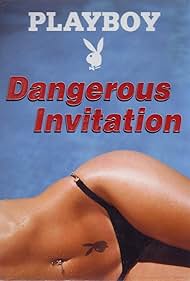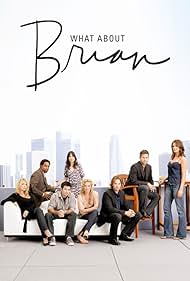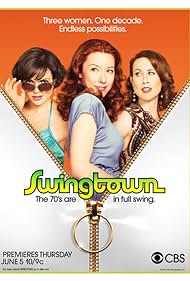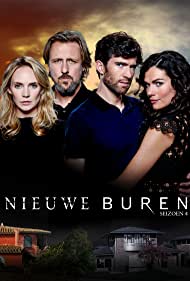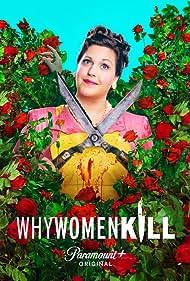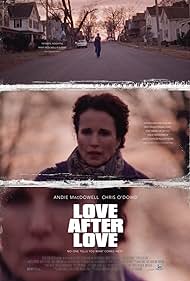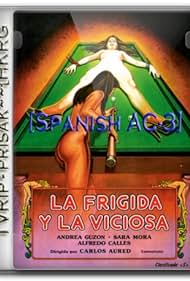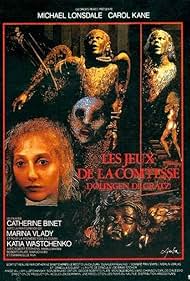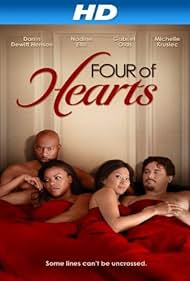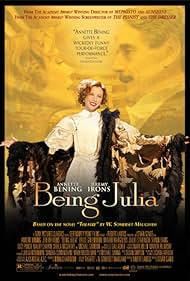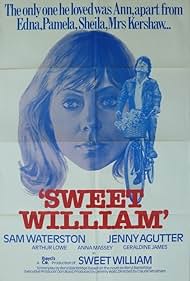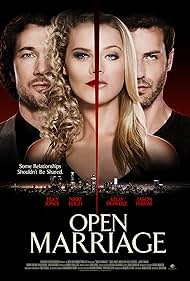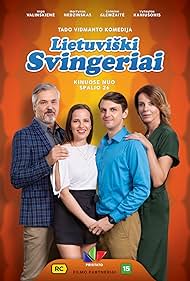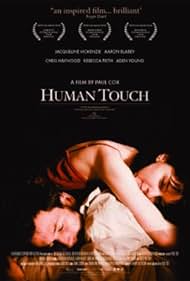The Art of Loving: Story of Michalina Wislocka Soundtrack (2017)

Buy on Amazon Play and download Soundtracks
El arte de amar: La historia de Michalina Wislocka
The Art of Loving: Story of Michalina Wislocka
The Art of Loving: Story of Michalina Wislocka
Synopsis
The Art of Loving: Story of Michalina Wislocka
Michalina Wislocka, a famous Polish gynecologist and sexologist, fought for the right to publish her book "The Art of Loving" in the 1970s. The book was a groundbreaking guide to sexual pleasure and intimacy, challenging the conservative views of the time.
Despite facing censorship and backlash from the government and society, Wislocka persevered and eventually succeeded in getting her book published. It became a bestseller and a symbol of sexual liberation in Poland.
Through her work, Wislocka not only revolutionized attitudes towards sex and relationships but also empowered women to take control of their own bodies and desires.
This film tells the inspiring story of Michalina Wislocka's fight for sexual freedom and her legacy as a pioneer in the field of sexual education.
Download and play the Soundtrack list
| Play | Title | Artist |
|---|---|---|
|
The Art of Loving: Story of Michalina Wislocka
|
||
|
To idzie mlodosc
|
||
|
Kuba, wyspa jak wulkan goraca
|
||
|
Mnie jest szkoda lata
|
||
|
Kwiaty we wlosach
|
||
|
Tylko Ty
|
||
|
W co mam wierzyc
|
||
|
Zmylilas droge
|
||
